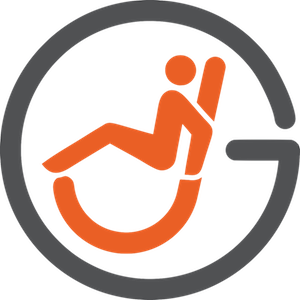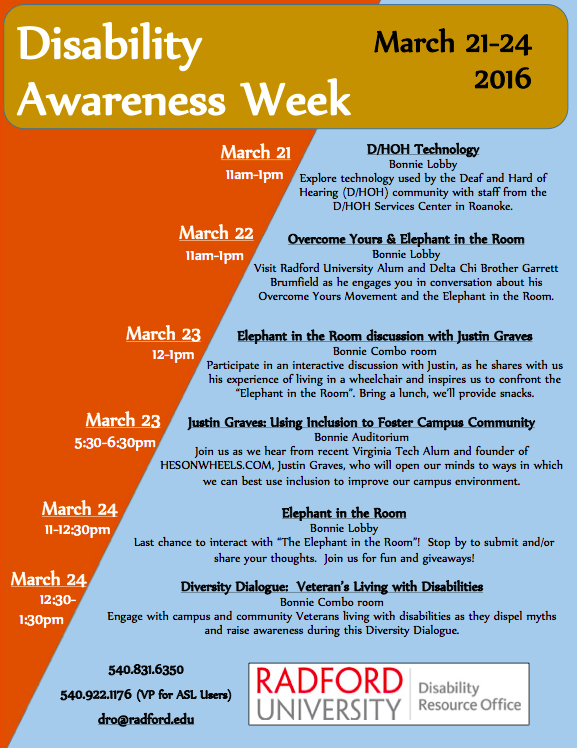You know, there’s a huuuuuge difference between inclusion and diversity.
I believe that the idea of diversity simply gets at the idea of people being different. That difference can be defined in many different ways. It can include difference of race, skin color, ethnicity, sexual orientation, gender identification, where someone grew up, what their favorite color us, what their social class is, what their physical abilities are…
That definition of “being different” is, simply, not enough.
There are so many different ;) ways to define the word “different” that the concept of diversity can become a bit convoluted and valueless. Simply being different is not good enough. You can be as diverse as you want to be, but that doesn’t mean there is meaning or anything else good being derived from that difference.
That’s why the idea of inclusion is so much more important to me, and one that I definitely prefer to communicate to others through my daily interactions and especially through motivational talks and speaking. And especially when it has to do with community. [pullquote]The idea behind inclusion has everything to do with your attitude and your mindset.[/pullquote] The idea behind inclusion, from where I sit, has everything to do with your attitude and your mindset. Yes, I know I talk about mindset a lot here on HESONWHEELS – but deal with it. :)
For example, I absolute loathe it when people say “oh, I don’t see skin color,” or, “I don’t see race.” I think that’s a complete joke. No, I do not equate that with ignoring racism like a lot of people do (that’s a much larger, separate issue), but I think it’s simply a lie for the most part. People say that they don’t see skin color becuase they feel as if that observation would make them racist or otherwise “bad” in the eyes of others or even in the opinion of themselves. But it’s not the observation that is the issue. It’s the assumptions that come with those observations…
As human beings we are practically trained, as we are raised and conditioned throughout life, to observe something and make an assumption about it. It’s a cognitive process that is simple and makes a whole lot of sense in decision making. In the American culture that I live in, one can look at a purse and judge the potential price of it. You can look at a section of material on the ground and assume how hard or soft it may be when you’re on top of it. You may look at a chair and assume how comfortable it is before you sit on it. There is nothing bad about any of those assumptions. It is simply a process that we go through in order to form opinions.
That being said about inanimate objects, we definitely make assumptions about the people we meet.
We look at someone who is, let’s say, sitting on top of four wheels (as I often describe myself) and can begin to make assumptions about them. Can they feel their legs? How did they become disabled? What’s their background? Are they also mentally handicapped? These are all questions that folks have told me they asked themselves upon seeing me but before meeting me.
And, so, the problem with diversity is that the simple notion of “difference” becomes acceptable and, even worse…comfortable. You think that your environment is diverse just because there is a man in a wheelchair that is a part of it.
But is that environment inclusive? Probably not.
Just because that person in the wheelchair is a part of that environment doesn’t mean that you would be willing to engage in a dialogue with that person, to connect with that person, or even become friends with that person. No, we aren’t going to become friends with everyone in the world but being open to those interactions is, frankly, very important when we are talking about inclusion. True inclusion can happen when you ARE open to those opportunities.
So, I’ve written this blog post over the course of the past week as I’ve been finalizing the content for a big talk that I’m giving in a few days. What I really want these students and university community members to understand after my talk is the importance of being open to the concept of inclusion.
I want to challenge you to consider: are the environments that you’re a part of truly inclusive, or are they just “diverse?” Could you or should you be doing more to create a more inclusive environment or community?
Here’s some information about that upcoming talk and many of the events associated with Radford’s Disability Awareness Week! It’s potentially the last engagement that I’ll have for a little while, so if you’re in the area and can make it out, I’d really appreciate it!

